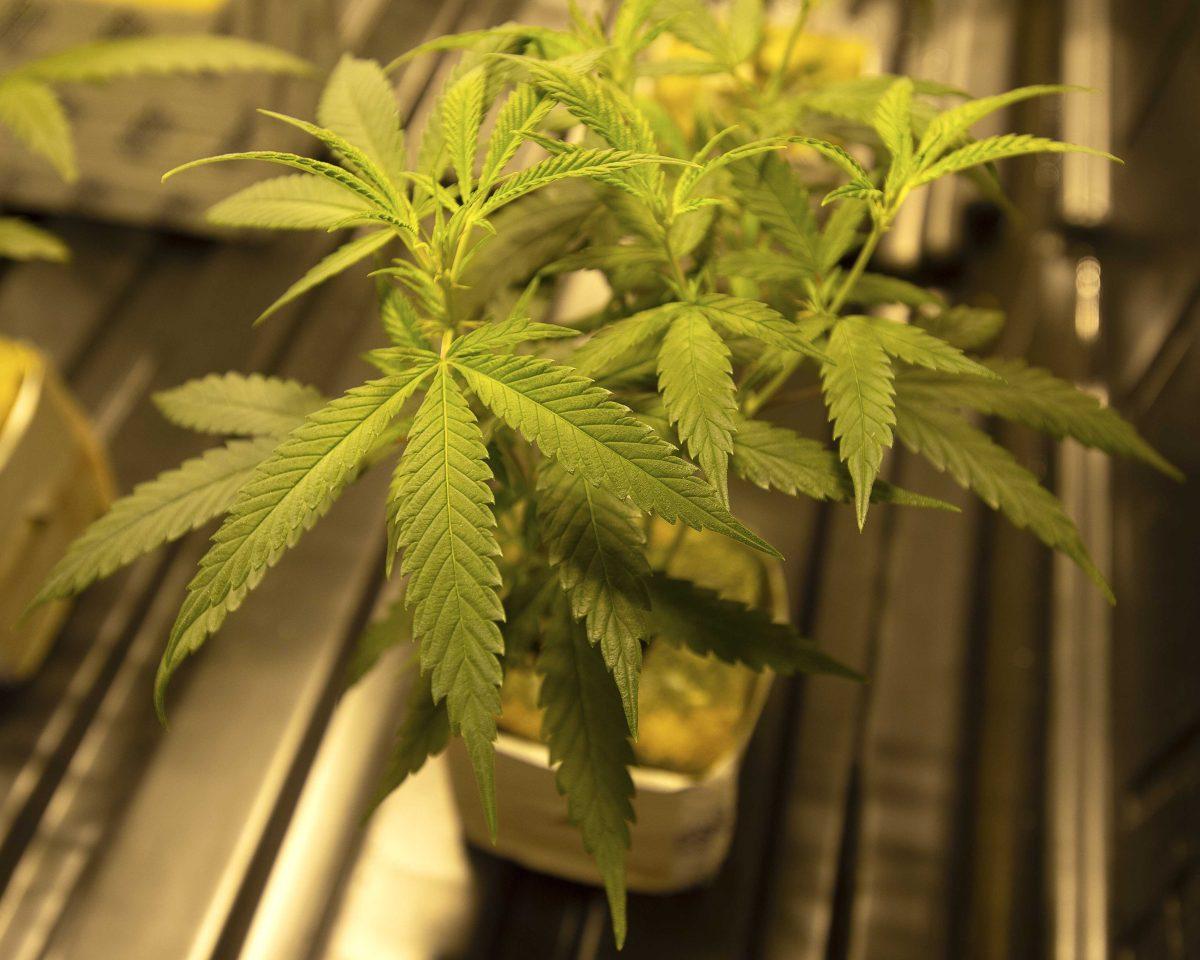Anyone who has ever been put on hold by the Office of Admissions can tell you: LSU is an award-winning institution that participates in ground-breaking research. It comes as no surprise then that LSU Agricultural Center is partnering with GB Sciences Louisiana for the research and production of medical marijuana.
GB Sciences Louisiana President John B. Davis said the partnership is the first of its kind.
“This doesn’t exist anywhere else in the United States or in the world,” Davis said.
The production facility in Baton Rouge built by GB Sciences began the full-scale production of therapeutic cannabis in March and released its first products in early August The facility includes a 6,000-square foot laboratory, which the AgCenter will use for research on the cannabis plant.
The GB Sciences lab employs 15 people, but Davis predicts the program could eventually employ up to 60 people. The project has drawn interest from Louisiana scientists and previously worked in regions with more robust medical marijuana industries, such as Colorado, the West Coast and Washington D.C.
The AgCenter is currently talking to the Pennington Biomedical Research Center and LSU Health Science Center about the possibility of conducting clinical trials.
As of now, no active University students are allowed inside the facility, but AgCenter Vice President Ashley Mullens hopes grad students will be able to conduct research there in the future.
GB Sciences produces three different formulations of therapeutic cannabis. The formulations contain different concentrations of tetrahydrocannabinol (THC) and cannabidiol (CBD) and have different delivery methods.
The bill that granted the AgCenter one of two licenses in Louisiana to grow and research medical marijuana outlined what medical conditions are eligible for treatment via medical marijuana.
The list of eligible medical conditions is wide ranging and includes disorders such as HIV and AIDS, cancer, seizure disorders and epilepsy, glaucoma, Parkinson’s disease and PTSD.
Davis said therapeutic cannabis is not an appropriate treatment for everyone. He recommends patients with a medical condition eligible for medical marijuana treatment talk to their doctors.
As with any pharmaceutical, there is no blanket dosage that works for every patient. Patients with different conditions and symptoms will need different concentrations and doses.
“In all cases, the suggested recommendation is to start low and stay low until you find your most therapeutic level of medication,” Davis said.
Davis and Mullens said the program has not received any backlash so far.
Mullens said many people have a personal connection to someone who could benefit from medical marijuana in the future.
“We all have loved ones that will benefit from this product,” Mullens said.
Davis believes the program hasn’t received backlash because it isn’t providing recreational marijuana but instead a medication for people in need.
“When we think of medicine, we think of those family members or friends within our circle who have a debilitating medical condition,” Davis said. “All that we really want is to provide them with is an improved quality of life.”
LSU AgCenter partners with GB Sciences to produce medical marijuana
September 6, 2019
Marijuana sits in an LSU AgCenter warehouse.








